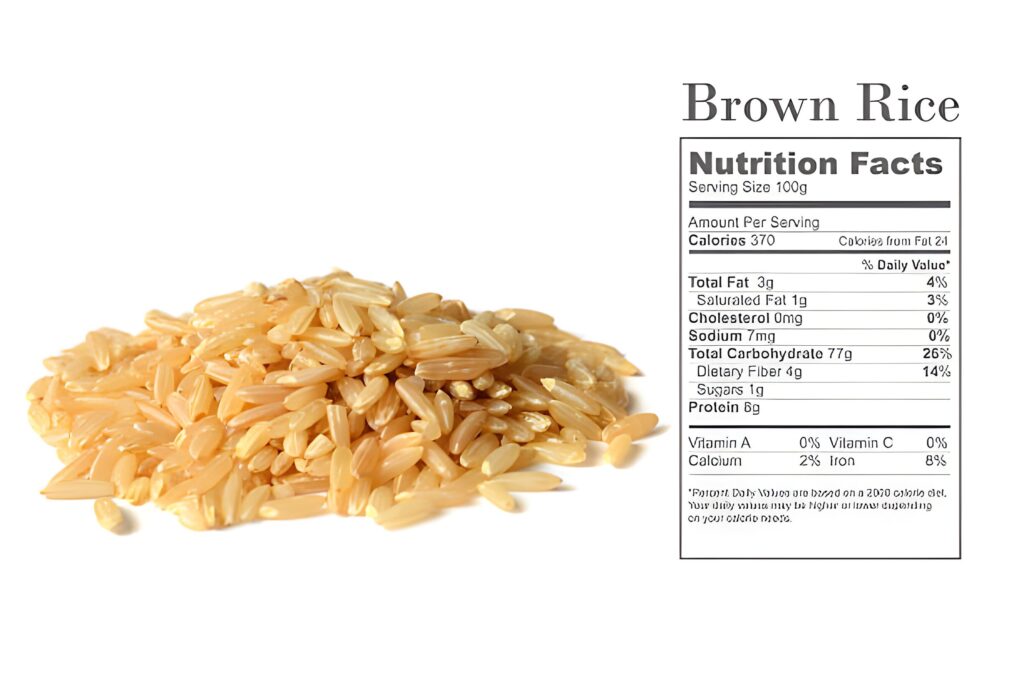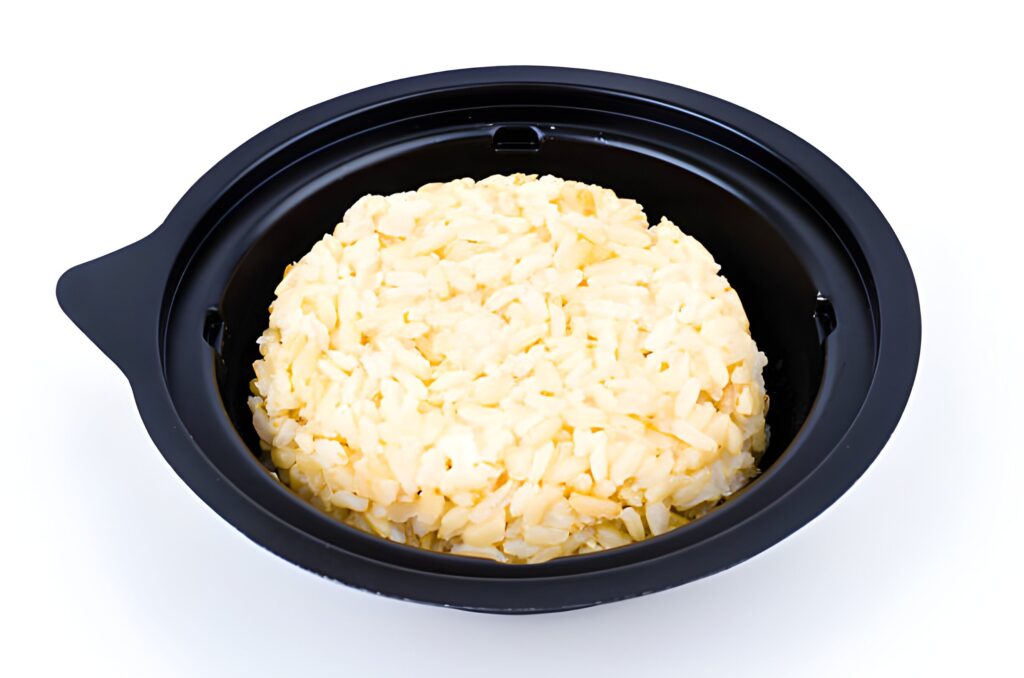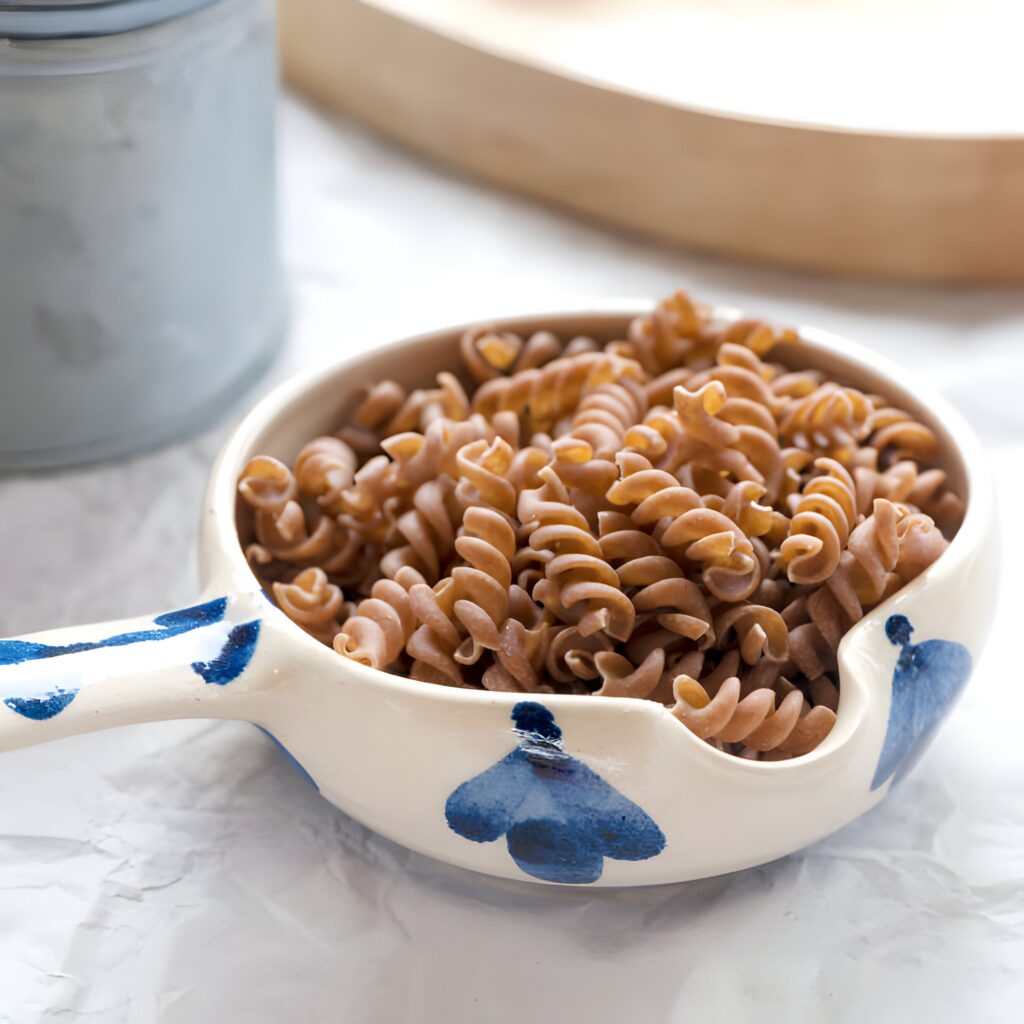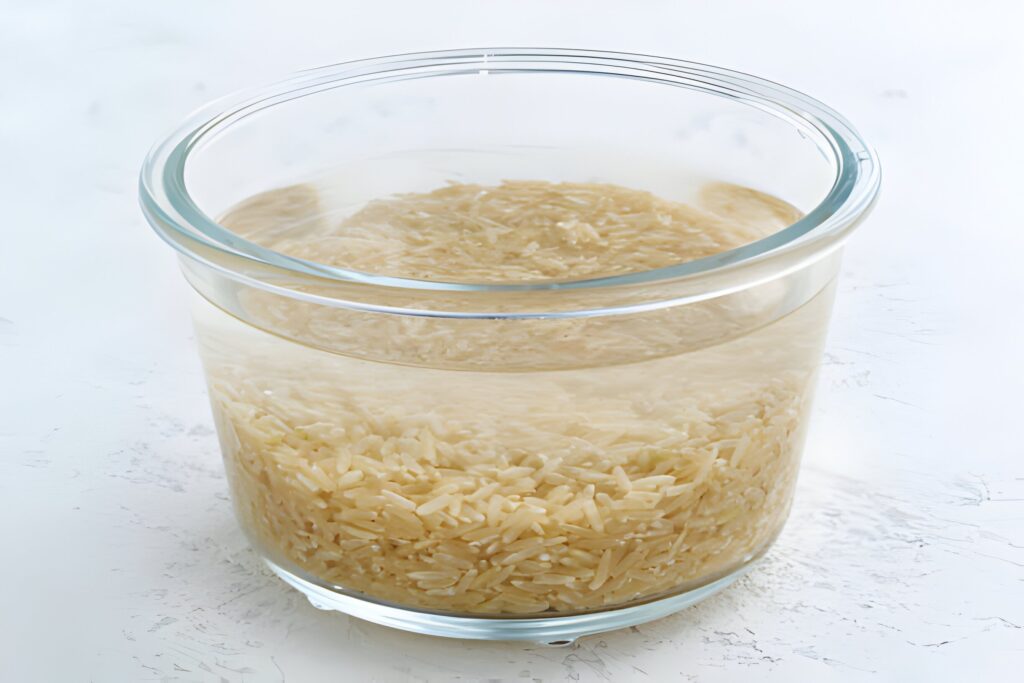In a world where white rice dominates the dinner plates of millions, brown rice is emerging as a healthier, nutrient-rich alternative. Brown rice, known for its nutty flavor and chewy texture, isn’t merely a side dish but a versatile staple packed with essential nutrients. This article delves into the myriad health benefits and why it should be a regular feature in your diet.
1. Nutritional Profile

Before we explore the numerous health benefits, it’s essential to understand its nutritional content.
A whole grain contains all parts of the grain — the fibrous bran, the nutritious germ, and the carb-rich endosperm. This contrasts with white rice, where the bran and germ have been removed, stripping away most of its nutritional value.
A typical serving of cooked brown rice (about 195 grams) provides the following nutrients:
- Calories: 218
- Carbs: 45 grams
- Fiber: 3.5 grams
- Protein: 5 grams
- Fat: 1.6 grams
- Manganese: 88% of the RDI
- Selenium: 27% of the RDI
- Magnesium: 21% of the RDI
- Phosphorus: 16% of the RDI
- Niacin: 15% of the RDI
- Pyridoxine: 14% of the RDI
- Thiamine: 12% of the RDI
- Iron: 5% of the RDI
Its high nutrient content makes it a powerhouse of essential vitamins and minerals.
2. Health Benefits
2.1 Whole Grain Goodness
As a whole grain, it is essential to a healthy diet. The American Heart Association and the American Diabetes Association recommend entire grains like brown rice to reduce the risk of heart disease and type 2 diabetes.
2.2 Rich in Antioxidants
It is a good source of powerful antioxidants, including phenols and flavonoids, which help protect the body from oxidative stress. These compounds can combat inflammation and are linked to a lower risk of chronic diseases such as heart disease, cancer, and type 2 diabetes.
2.3 Supports Digestive Health
The high fiber content helps improve digestive health by promoting regular bowel movements and preventing constipation. Fiber also feeds the beneficial bacteria in your gut, which can improve overall gut health.
2.4 Aids in Weight Management
This can be a helpful component of a weight management plan. Its high fiber content contributes to a feeling of fullness, which can reduce overall calorie intake by helping you feel satisfied with smaller portions.
2.5 Stabilizes Blood Sugar Levels

Brown rice has a lower glycemic index than white rice, which means it causes a slower rise in blood sugar levels. This makes it a better choice for people with diabetes or those looking to maintain stable blood sugar levels.
2.6 Promotes Heart Health
Fiber, lignin, and magnesium can help lower cholesterol and blood pressure, reducing the risk of heart disease. Additionally, brown rice oil may also aid in lowering LDL cholesterol (“bad” cholesterol).
3. Cooking with Brown Rice
3.1 Brown Basmati Rice Instant Pot

Cooking it in an Instant Pot is a game-changer for those who love the convenience of modern kitchen appliances. Brown basmati rice, in particular, has a unique aroma and slightly softer texture and can be perfectly prepared in an Instant Pot. Here’s a simple recipe to try:
- Wash 1 cup of brown basmati rice thoroughly under cold water until the water runs clear.
- Add the rice to the Instant Pot with 1¼ cups of water and a pinch of salt.
- Secure the lid tightly, adjust the valve to the ‘Sealing’ position, and cook at high pressure for 22 minutes.
- Let the pressure release naturally for 10 minutes, then release any remaining pressure manually.
- Fluff the rice using a fork and serve it.
3.2 Brown Rice Pasta

For a healthier alternative to traditional pasta, brown rice pasta is a fantastic option. It is gluten-free and provides the same benefits as eating rice. It can be incorporated into any recipe that typically uses pasta, ranging from a straightforward aglio e olio to a robust bolognese.
4. Incorporating into Your Diet
Switching is easier than you might think and can be used in various dishes.
4.1 Swapping White for Brown
Start by replacing white rice with brown rice in your favorite dishes. The rich, nutty undertones complement various culinary traditions, from Asian stir-fries to Mexican burrito bowls.
4.2 Creative Breakfast Options
Consider incorporating them into your breakfast routine as a cereal alternative. Warm it up with milk or a milk alternative, add a drizzle of honey or maple syrup, and top with fresh fruit and nuts for a nutritious start to V-ing your day.
4.3 Healthy Snacking
Cakes made from this offer a satisfyingly crunchy snack option. Top them with avocado, tomato, and a sprinkle of sea salt for a healthy treat that will keep you full between meals.
5. Challenges and Considerations
While brown rice is undoubtedly healthy, there are a few considerations to consider.
5.1 Cooking Time
It takes longer to cook than white rice, which might be a hurdle for those with less time to prepare meals. However, with the use of an Instant Pot, this cooking time can be significantly reduced.
5.2 Arsenic Content

Brown rice may contain elevated levels of arsenic in comparison to white rice. To minimize exposure, it is recommended to soak the rice before cooking and to use plenty of water when boiling.
6. Conclusion
The health benefits are extensive, from promoting heart health to aiding in weight management. With convenient cooking methods like the Instant Pot and the versatility of brown rice pasta, it’s never been easier to incorporate this nutritious whole grain into your diet. By switching to brown rice, you’ll enjoy its rich, nutty flavor and reap numerous health rewards.
Switching to brown rice is a simple yet effective step towards a healthier lifestyle. So, the next time you plan your meals, consider the humble brown rice — a small change with significant advantages for your well-being.
To learn more about maintaining a healthy diet, click here.

